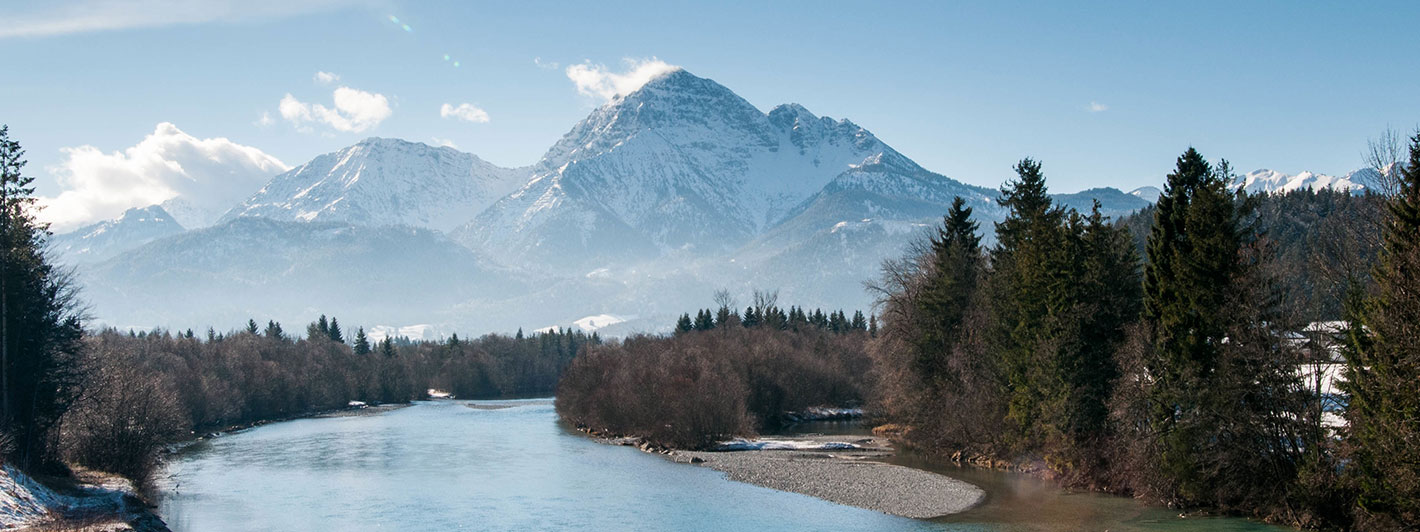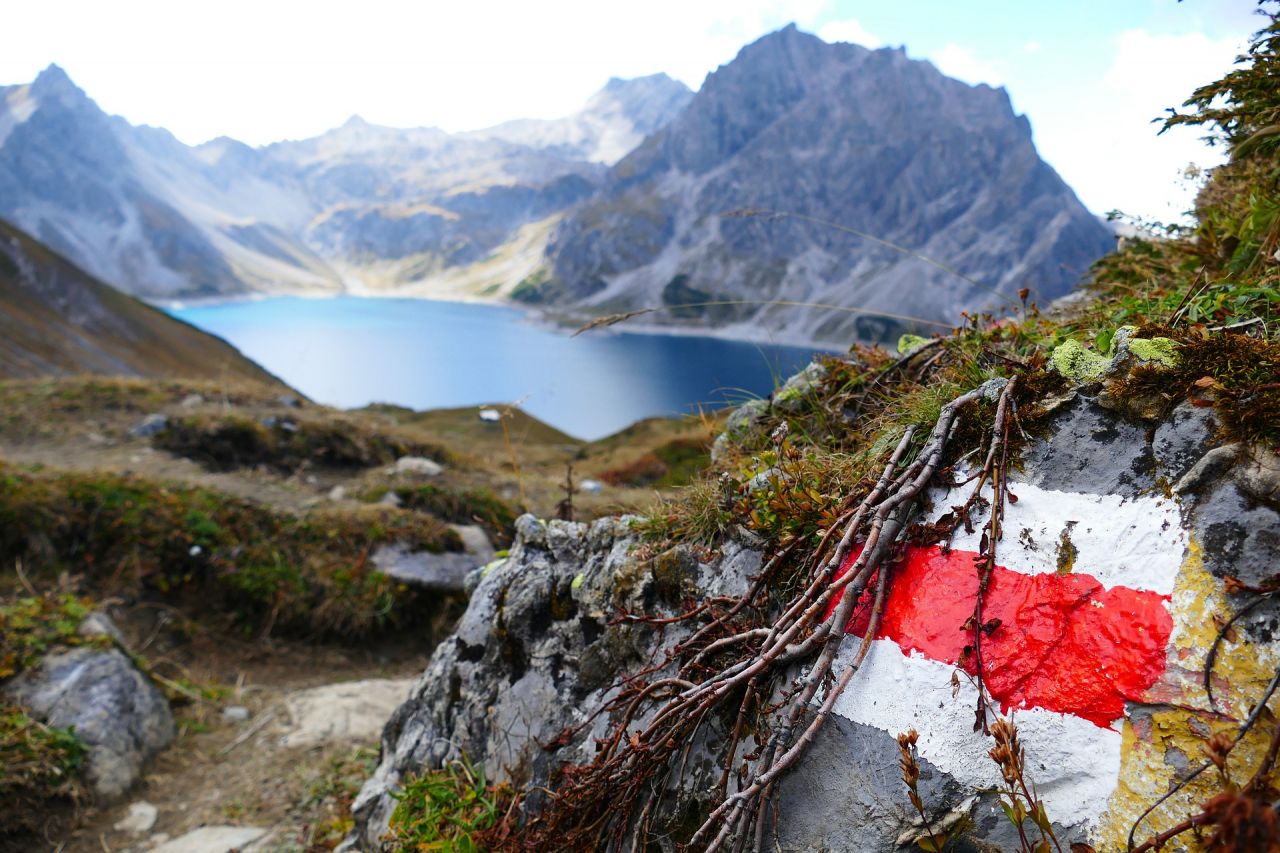Explore Citizen Science Projects
Welcome at Österreich forscht!
Here you can find everything about Citizen Science in Austria. In the future, it should be just as normal to work in a citizen science project as to be a member of an association, e. g. the voluntary fire brigade or a music ensemble. We want people to see science no longer as an elite programme, but as a process that affects all our lives, a process which is an important part of society and is worth understanding. However, the fun and enjoyment of research should not be neglected. We do not understand citizen science as an infotainment concept, but as a collaborative process through which new insights can be gained.
Kremser scorpion
- animals
- history
Participatory exploration of the "Kremser scorpion” (Euscorpius tergestinus) with school students "Triestino scorpion" (Euscorpius tergestinus - still listed as E. carpathicus in the Red List of NÖ), which are threatened with extinction in Lower Austria, exists as an archaeozoon in Krems. This population is an isolated north-eastern outpost of the…
CrowdWater
- weather
- land use
- water
- waste
CrowdWater is a hydrological citizen science project of the University of Zurich. CrowdWater uses an app to collect data about water. No prior knowledge is required to participate. What is the project about? CrowdWater stands for independent and reliable data collection by anyone with an interest in water. The observations collected…
Butterflies of Austria
- animals
App for the scientific recording of Austrian butterflies On behalf of Blühendes Österreich - BILLA gemeinnützige Privatstiftunga, butterfly expert Peter Huemer published a report on the dramatic state of the butterfly fauna in May 2016. In Europe, their number had fallen by half since 1990 and over 50 percent of…
AmphiBiom
- animals
- land use
- water
The AmphiBiom project is focused on the study of the European green toad in Austria. With the support of Citizen Scientists, we investigate the distribution of this endangered amphibian species, which, as a typical pioneer species, can quickly colonize newly emerging water bodies. Therefore, the European green toad is an…
Language is one of the most important means of human communication, an essential part of our culture and it can also fulfill an identity-forming function. At the same time, it is constantly changing with the society that uses it. There are words that were used a century ago, but that…
"Pilzfinder"
- mushrooms
- food
- health
- weather
"Pilzfinder" - what it's all about Until a few decades ago, knowledge of wild edible and poisonous mushrooms was widespread. Especially the older population knew about the seasonal occurrence of the mushrooms. Finding mushrooms is a popular hobby for young and old, which is accompanied by great experience. In order…
pilzdaten-austria.eu
- food
- fungi
The project Pilzdaten-Austria.eu aims at a comprehensive documentation of the occurrence and distribution of fungi in Austria, and to present and evaluate the available data. It is an Austria-wide cooperation of numerous mycologists, citizen scientists and institutions, which collect distribution data of fungi or hold collections of fungal specimens, coordinated…
KoKo-Health
- health
Giving a voice to children and adolescents: Co-research with children and adolescents in developing a model of health literacy Background Health literacy is crucial for promoting health and well-being It encompasses finding, understanding, evaluating, and applying health information and services to make informed decisions for maintaining or improving health and…
Healthy Minds
- health
- gender
- living together
Mental Health around Childbirth This project focuses on the mental health of parents around childbirth, aiming to detect issues early and provide better support. The goal is to promote the emotional well-being of parents and infants and improve access to support services in Tyrol. What are the aims of the…
Butterfly Monitoring Austria
- animals
- land use
Many people in Austria feel that colorful butterflies are becoming increasingly rare. Unfortunately, this is also reflected in the European Grassland Butterfly Index, compiled by Butterfly Conservation Europe from datasets across the continent. Since 1990, typical grassland butterflies have declined by 36%. Since butterfly populations naturally fluctuate from year to…
On the trail of springs
- geology
- culture
- land use
- plants
- animals
- water
- weather
Spring habitats in the Großes Walsertal Biosphere Reserve In view of increasing extreme weather events, including periods of drought and consequent water shortages, the protection and knowledge of springs in the Großes Walsertal Biosphere Reserve is becoming increasingly important. In addition to their essential role in water supply, springs are…
Show me your mouse, cat!
- animals
Your cat - our researcher Attention cat owners in Vorarlberg! Under the motto "Show me your mouse, cat!", we are collecting dead mice and other small mammals that your cat brings to your home. From June to November 2024, you can hand in these "gifts" from your cat to us…





